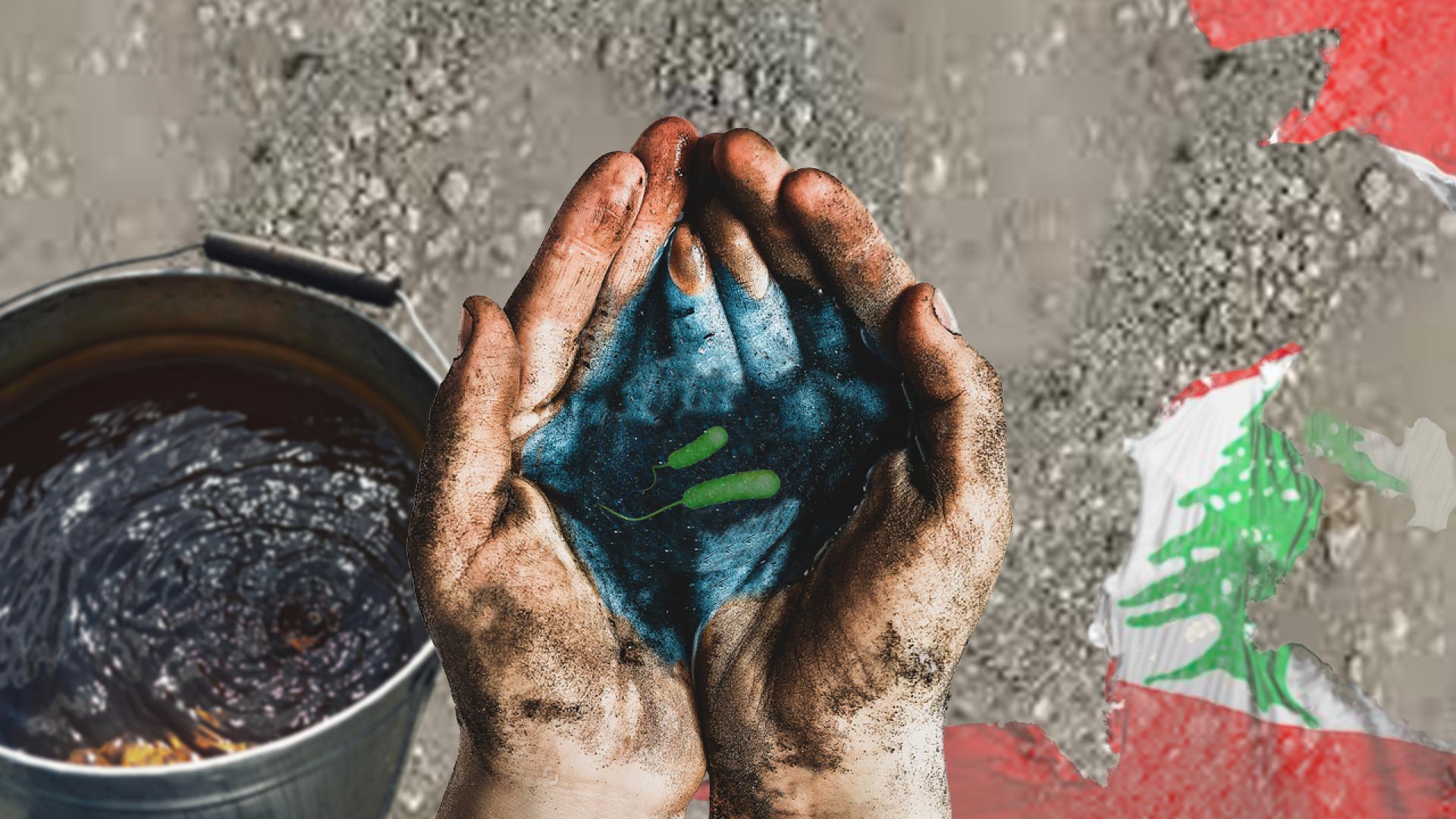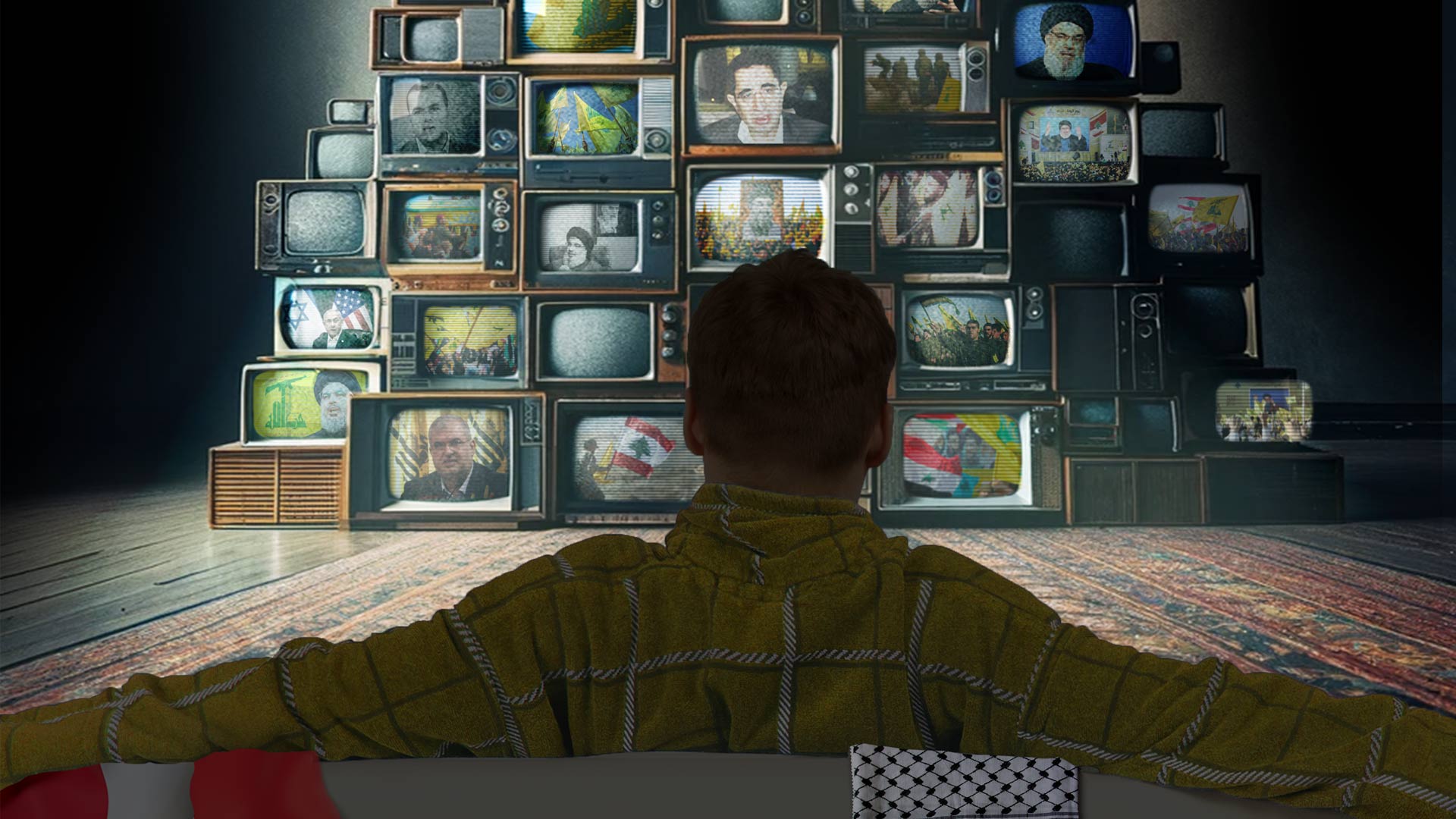If you think Lebanon’s cholera outbreak is “under control” – as declared by the country’s caretaker Health Minister Firass Abiad last week – think again. While Lebanon has recorded fewer new cholera cases and deaths in the past few weeks, it’s too early to celebrate. The official cholera numbers tell one side of the story. The track record of Lebanon’s water and wastewater sector tells another. Indeed, the fight against cholera could be far from over.
Hanging by a thread
Lebanon’s cholera outbreak has exposed severe flaws in Lebanon’s collapsing water sector. Even before the financial crisis of 2019, the sector struggled due to decades of catastrophic management. International donors kept the sector afloat with hefty loans and grants. Amid Lebanon’s economic downfall, donors stepped up when the dramatic devaluation of the Lebanese lira left the country’s four regional water establishments – Bekaa, Beirut Mount Lebanon, North and South – unable to provide vital public water services.
With cholera at Lebanon’s doorstep, donors once again answered the call for help. A long list of international organisations stepped in to halt the spread of the disease through vaccination and awareness campaigns, as well as the provision of fuel and chlorine. Among them, the EU promised €800,000 for “community-based water, sanitation and hygiene interventions” in areas with many cholera cases. UNICEF also quickly ramped up its support to the country’s struggling four public water institutions.
The cholera outbreak has further entrenched a dependency on the international community. The Lebanese government and the Ministry of Energy and Water (MoEW) have further shifted their responsibilities onto donors and international aid organisations. While acknowledging their vital support, the MoEW’s water advisor told Badil that gaps remained.
“The donors have failed mostly to support us when it comes to energy sources… which mean fuel primordially,” Suzy Hoayek explained. “It’s not enough because, at the end of the day, you need to supply water. The only way to supply water in some places is through pumping and this requires fuel.”
While nearly 277,000 liters of fuel have been distributed so far to Lebanon’s water establishments and wastewater treatment – it remains a band-aid solution. The country’s water sector will continue hanging by a thin thread until the government leads the way to reform.
A clear disconnect
The outbreak has, so far, spread to eight governorates across Lebanon, infecting 5,105 people. Out of these suspected and confirmed cholera cases, 23 people have died. Many of the patients affected by cholera have been Syrian refugees living in informal tent settlements (ITS) across the country that lack proper water and sanitation infrastructure or wastewater treatment. This has resulted in the widespread blaming of Syrians for this outbreak.
Yet, in line with long-standing government policy, ITS were never connected to public water or wastewater services. This policy was aligned with the government’s decision to avoid any long-term settlements of Syrian refugees in Lebanon. Instead, Syrian refugee communities remained dependent on NGOs and international organisations or the non-regulated water trucking mafia known to gamble with water quality. Water tests recently conducted in ITS showed that 83% were contaminated, in comparison to 52.5% of water tests from places connected to publish water networks.
Last week, the Litany River Authority (LRA) announced that four out of 10 water samples collected from the Bekaa contained cholera. The LRA said that the contamination was linked to “the discharge of untreated wastewater” and present in areas “downstream from camps for displaced Syrians, sewage outlets or hospitals”.
Unfortunately, the situation could get worse. Winter is about to start, with heavy rainfall expected to result in rivers of dirty water, swept-up garbage and untreated wastewater. These conditions create an ideal environment for cholera to propagate.
Stinky situation
The cholera outbreak is a stark reminder that Lebanon needs sustainable solutions for its wastewater systems – but the government’s next planned step does not reassure.
Next month, the responsibilities of all of Lebanon’s wastewater treatment plants are expected to be handed over from the CDR to the regional water establishments, as spelled out by law 221 of 2000. Yet, the establishments are on the brink of collapse. Amid Lebanon’s economic crisis, they cannot afford to buy paper and pens, let alone pay their staff’s wages. Without strengthened financial and human resources or a proper wastewater tariff, the establishments are far from ready for the additional burden.
Donors have already pumped millions to help Lebanon improve its wastewater systems. Between 1990 and 2021, the Lebanese government received more than 1.5 billion USD in wastewater loans and grants. “It’s crazy,” Assaad Thebian, executive director of Gherbal Initiative, an advocacy group, told Badil. And once again, the international community will be stepping in to help with this latest transition phase.
Hoayek told Badil: “We are working on that very closely with the international community because they will be supporting us financially to do this transitional procedure.” She added: “We will be building the capacity and do the necessary reforms of the water sector in order to reach a proper transition of the wastewater sector and financial stability of the establishments as a whole.”



